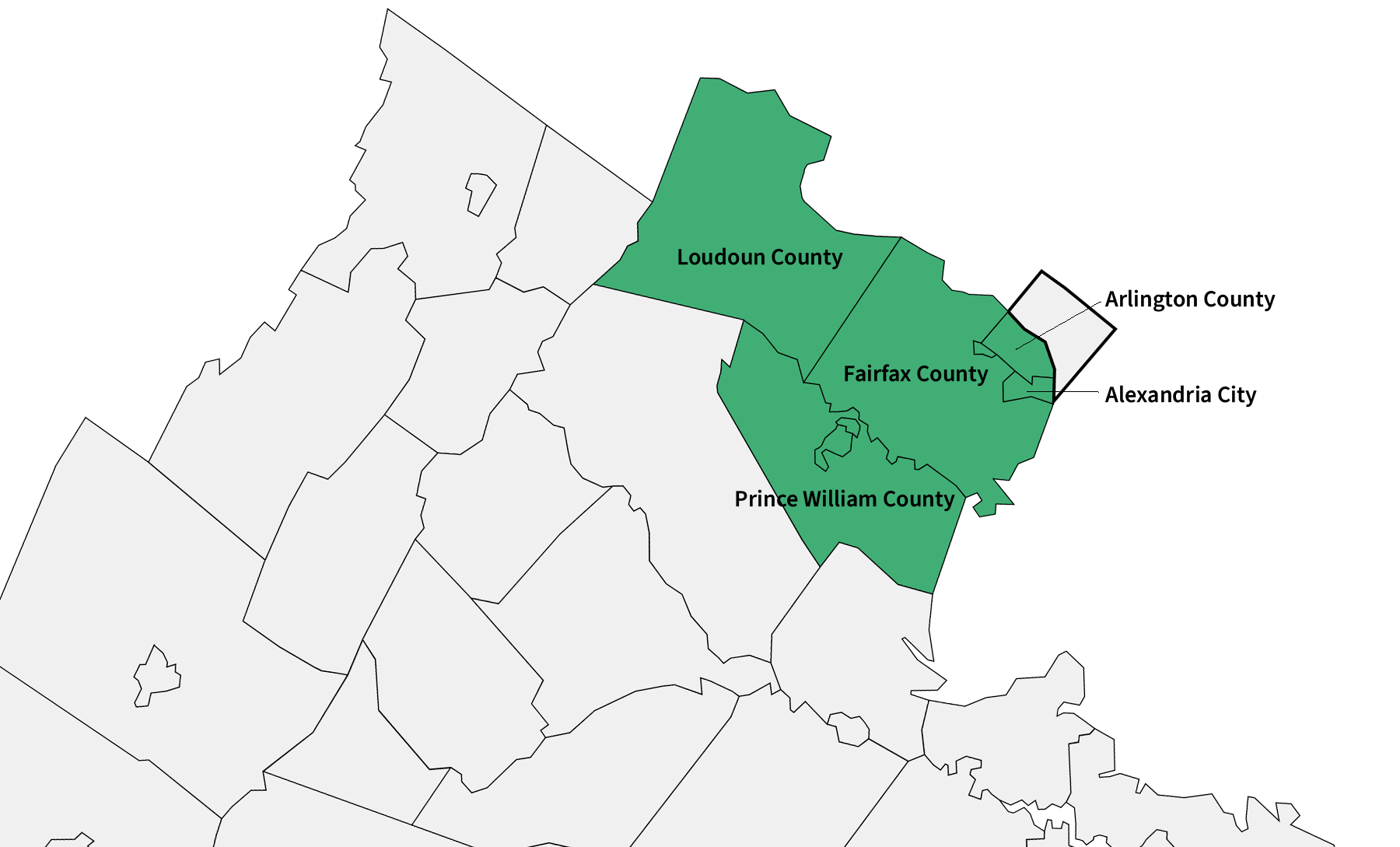Health Resources
Care Management
The Centers for Medicare & Medicaid Services (CMS) recognizes care management as one of the critical components of primary care that contributes to better health and care for individuals, as well as reduced spending.
In January of 2013, Medicare introduced the transition of care management codes (TCM) to address the period of hand-off between acute care and the outpatient setting. Most often the patient has experienced a medical crisis, had a change in therapy or a new diagnosis and is at risk for readmission. These codes can be found in the evaluation and management (E/M) section of the CPT manual. Designed to improve the coordination of hand-off between facility and home, they will also benefit the physician and local hospitals.
On January 1, 2015, Medicare implemented (CPT) code 99490, for non-face-to-face care coordination services furnished to beneficiaries with multiple chronic conditions. Recognizing that patients with multiple chronic conditions are vulnerable to avoidable ED visits and admissions, Medicare expects this service to reduce healthcare expenditures and improve the coordination of care for chronically ill patients.
Transition Care Management (TCM) is defined as time-limited services designed to ensure health care continuity, avoid preventable poor outcomes among at-risk populations, and promote the safe and timely transfer of patients from one level of care to another.
- Improved health outcomes
- Improved quality of life
- Patient satisfaction and perception of care
- Decreased resource use and costs
- Increased compliance with medication, PCP follow-up and POC
- Reduction of all-cause readmission’s
- Patient discharged from qualifying facility
- Physician accepts responsibility (inferred) for the patient during the transition period (time between discharge and follow-up appt.)
- TCM makes contact with patient within 2 business days of DC
- Nurse reviews critical information with patient related to disease-specific post-care and new medications
- Nurse reinforces: diet, activity, medication and follow-up instructions
- Nurse answers questions related to care and disease process within scope
- TCM ensures post-DC appointments are made and assists with removing barriers
- Nurse contacts PCP with concerns or clarifications
- Encounter and supportive calls equal at least 20 minutes
- 30+ day management that includes frequent home visits (not covered by insurance)
- Post DC phone call (covered if performed by licensed HCP and meets all criteria)
Chronic Care Management (CCM) is defined as the non-face-to-face services provided to beneficiaries who have multiple (two or more) significant chronic conditions. In addition to office visits and other face-to-face encounters (billed separately), these services include communication with the patient and other treating health professionals for care coordination (both electronically and by phone).
- Interrupts patterns of frequent acute hospital and emergency department use
- Increased compliance with medication regimen, PCP visits, and POC
- Increased knowledge and confidence in managing their disease
- Increased awareness of early warning signs and when to call their doctor
- Assist with enrollment of patients
- Monthly calls
- Electronic tracking
- Branching logic software (disease specific)
- Electronically generated reports
- Meets all requirements for billing
- Recognizing red flags (signs/symptoms)
- Conflicting and/or misunderstanding of medical information
- Missed doctor visits/Poor communication with PCP
- Medication errors/unclear understanding
“Just in time” 2-day post-DC follow-up with focus on disease-specific education, medication understanding/compliance, red flag awareness and timely PCP F/U-performed by a licensed HCP (covered by insurance)
- Documentation/communication on each patient participating in the TCM program
- Continuity of Care-creating ease of maintaining medication and problem lists
- Medicare shared savings plan incentives
- Pay-for-performance incentives
- Patient Centered Medical Home incentives
- Positioning for “at risk” payment models and population health management
- No added FTE (salary, benefits)
- No change in office workflows
- Software to manage
- Branching Logic
- Sole focus is TCM and CCM
- Patients
- Physicians
- Hospitals/Facilities
- Budget neutral/revenue-generating model

